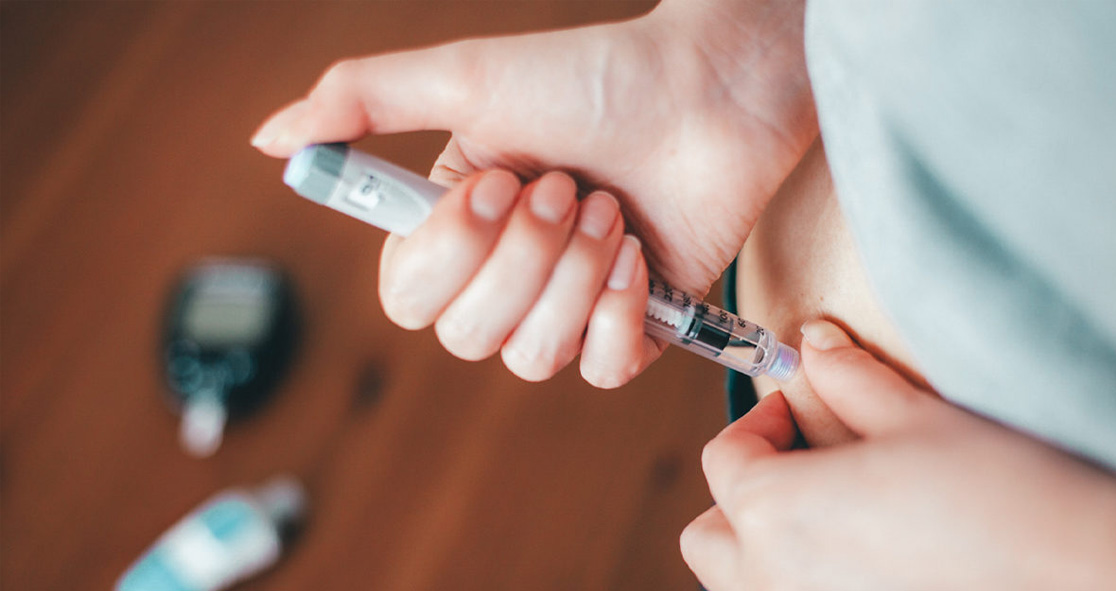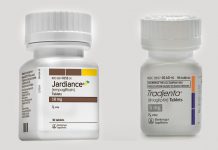A young man with type 1 diabetes stopped using insulin for more than two years after he started using a drug called ruxolitinib, which is officially approved for the treatment of one type of blood cancer. The patient has been off insulin since August 2018.
The findings of the case study were published Thursday in the New England Journal of Medicine.
Dr. Lisa Forbes, the patient’s doctor and co-author of the case study did not call ruxolitinib a cure for type 1 diabetes.
However, Dr. Forbes, who is an assistant professor at Baylor College of Medicine in Houston, said his diabetes appears to have been reversed, hoping that it will stay that way as long as he keeps taking ruxolitinib, which is sold under the brand name Jakafi.
Ruxolitinib belongs to a class of drugs called JAK inhibitors, which is used for the treatment of high-risk myelofibrosis, a myeloproliferative disorder that affects the bone marrow. It is also used for the treatment of polycythemia vera.
It is unclear whether this blood cancer drug can help other people with type 1 diabetes.
In this case, the patient had a genetic mutation that the drug is known to work on. Dr. Forbes said it is unclear if other patinets with type 1 diabetes have this type of genetic mutation.
The patient was diagnosed with type 1 diabetes at the age of 17. He had multiple conditions so his doctors studied his whole genome sequencing to elicit a root cause. Eventually, they saw a particular genetic mutation and thought ruxolitinib could help. He was put on the drug nine months after his diagnosis.
Dr. Forbes explained, “The drug had an unbelievable effect on his type 1 diabetes. A year after starting ruxolitinib, we took him off insulin, and he’s been insulin-free ever since.”
However, Dr. Forbes said more studies are needed to understand the potential efficacy of the drug on people with type 1 diabetes.
Ruxolitinib has a direct effect on the immune system so patients taking it could be at risk of certain infections. Dr. Forbes pointed out that people who take the drug should their white blood cells, liver function, and kidney function checked every few months.
JDRF (Juvenile Diabetes Research Foundation) has been funding studies into JAK inhibitors for years. It will soon start a trial in Australia for people with type 1 diabetes.
Frank Martin, associate director of research at JDRF, said, “We’re hoping JAK inhibitors will have a really profound effect in type 1 diabetes,” noting that the drugs have also been used to treat autoimmune diseases.
He said, in type 1 diabetes, “they tone down the immune system response, tamping down the strength of the immune cells, and improve beta-cell survival.”
Martin also hesitated to call ruxolitinib a cure to diabetes. He said, “People have to continue taking the drug, but they don’t appear to become resistant to it. We still want a permanent cure, but this may be a step in the right direction.” The article appeared on Medicine Net.





















